Overview
Overview
College of Education (COE) was established on September 9, 1956 (2013, Bhadra 24), following the recommendation of Nepal National Educational Planning Commission (NNEPC) 1954-65. In the beginning, the main objective of the COE was to produce trained teachers to teach courses for primary and secondary schools. In 1971, National Educational System Plan was introduced in the country which renamed the COE the Institute of Education (IOE). A decade later, in 1982, following the recommendation of the Royal Commission of Higher Education, the Institute of Education was given the status of the present Faculty of Education (FOE) under Tribhuvan University. In the beginning, the College of Education was established in Chet Bhavan Lazimpat, Kathmandu and then moved to Kirtipur (the present place) in 2023 BS. The Institute of Education is now renamed as the Central Department of Education.
Head
Prof. Kabi Prasad Pokhrel, PhD
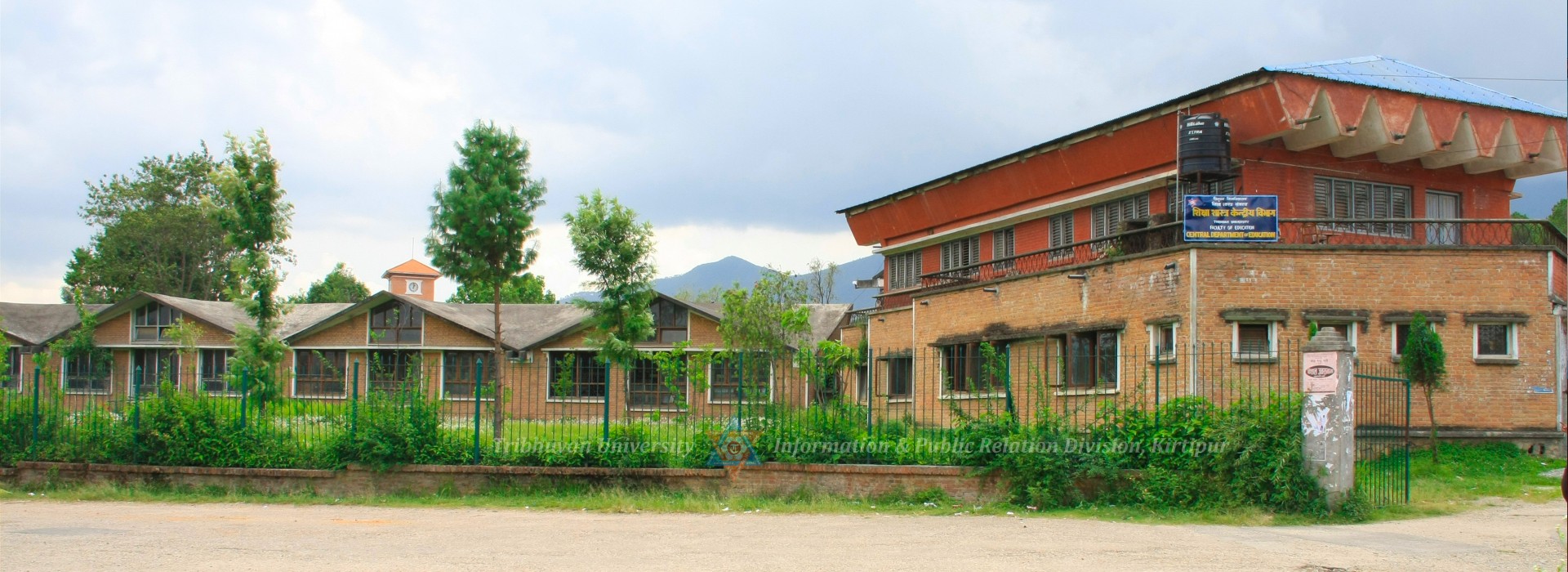
Vision
The vision of the Central Department of Education is to serve the country as the center of excellence for teaching and research in the field of teacher education and educational research. The Department produces highly competent human resources for the transformation and development of education policies, plans and pedagogies in the country. Besides, the department supports faculty members and students to develop academic collaboration on educational programs internationally and build networks with people from different cultures, countries and socio-economic backgrounds. More importantly, the Department serves the students who come from rural areas and different ethnic and marginalized groups by offering scholarships and other necessary support to pursue their Master's program.
Mission
The mission of the Central Department of Education is to serve the country by preparing trained and competent teachers (to teach at different levels of education) and by producing educational researchers, planner, curriculum designer, and managers. The Central Department of Education has a unique identity and structure. Among 36 central departments of Tribhuvan University, this department is the only department which has 14 different departments.
Geographical Location
The Department is located in a beautiful landscape of Kirtipur. Situated in the north of Bagh Bhairab temple, Kirtipur, the department is surrounded by in CEDA office in the north, management department in the east, Central Department of Population Studies in the south and CNAS in the west.
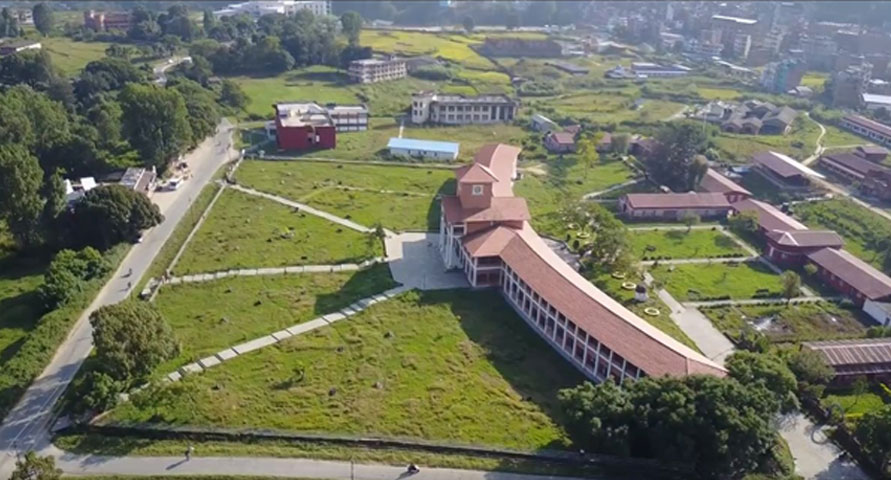
Physical Facilities
- Compound/Garden
The physical environment of the department is ecologically beautiful where the students feel comfortable to study. The natural beauty around creatres a comfort zone for the students to study in the classroom and the teachers to share their knowledge.

- Buildings/classrooms with multimedia projectors
Each classroom is equipped with multimedia projectors where the teachers interract with students using digital tools.
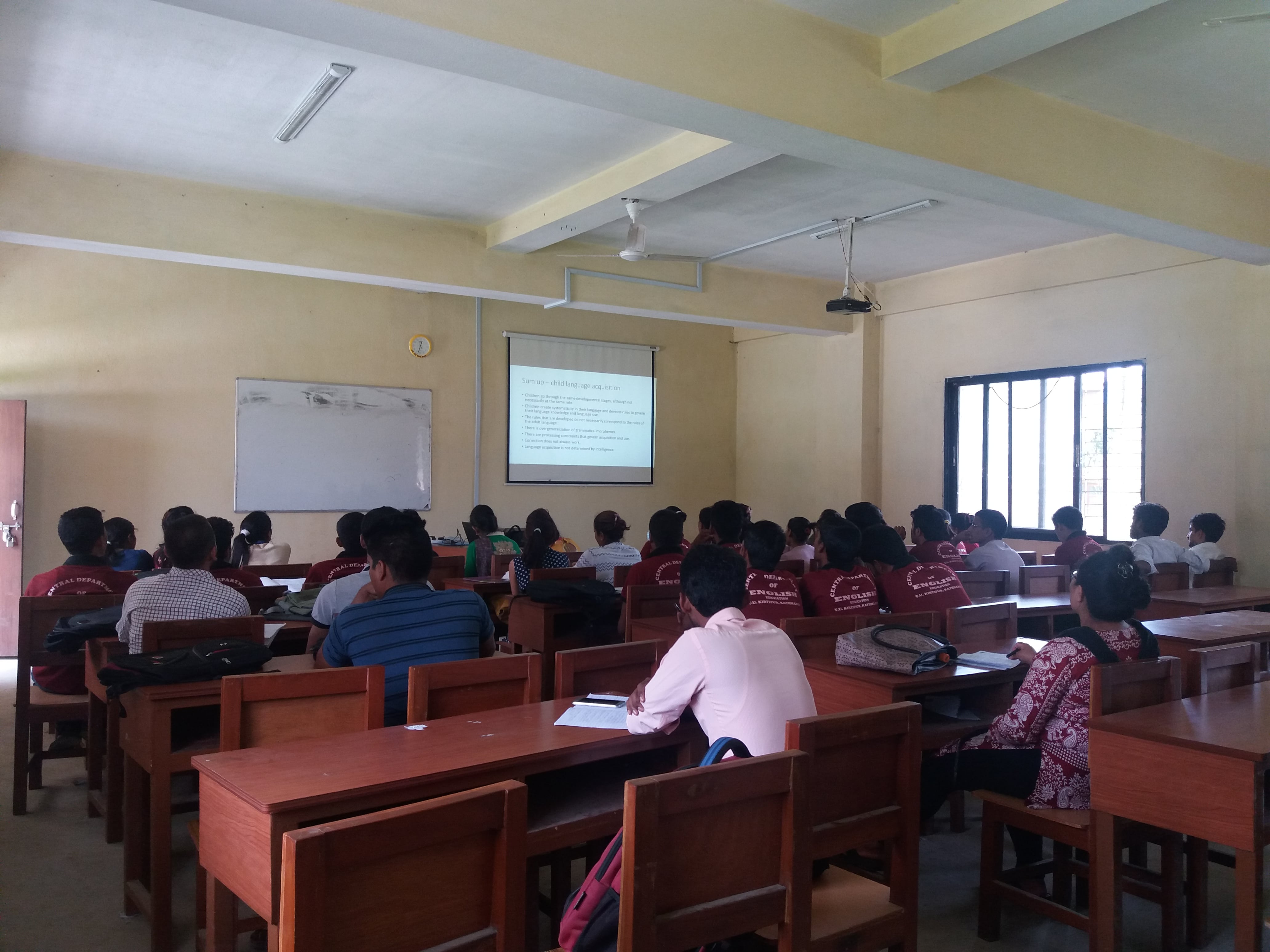
The outer layer of the classroom is naturally rich which helps the students to feel in comfort zone during their studies.
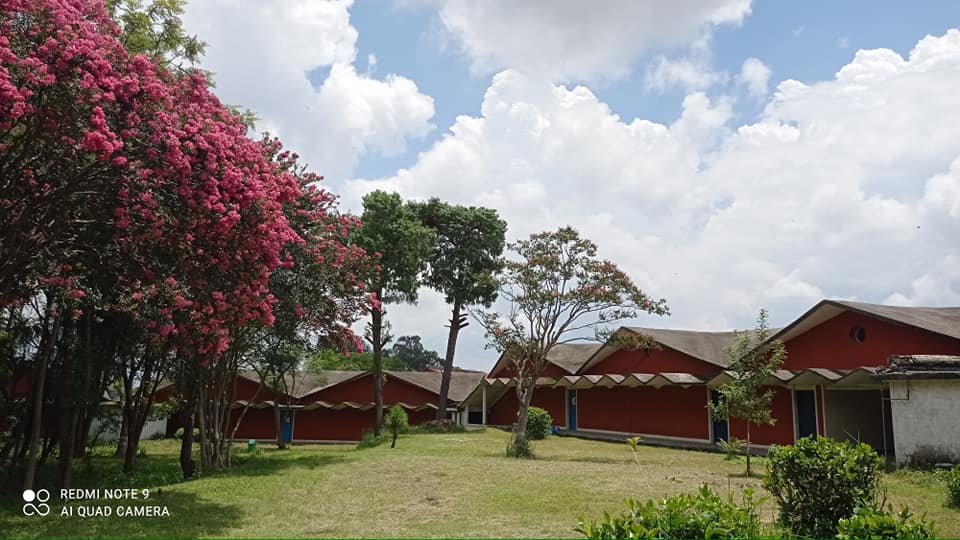
- Furniture
The classroom environment of the classroom is students' friendly with cozy frurniture with proper lighting, confortable furniture and ventilations.
- Students Interraction
The students are involved in group presentations, focused group discussions and other academic talks.
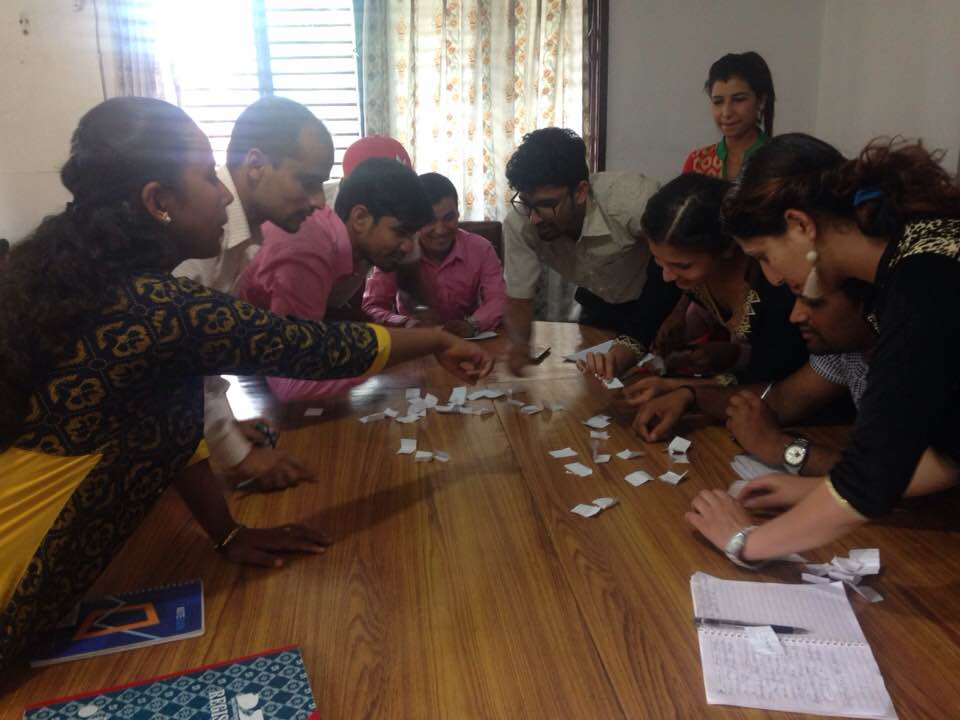
- Restrooms
- Playground
The panaroma around the department is beautiful and natural.
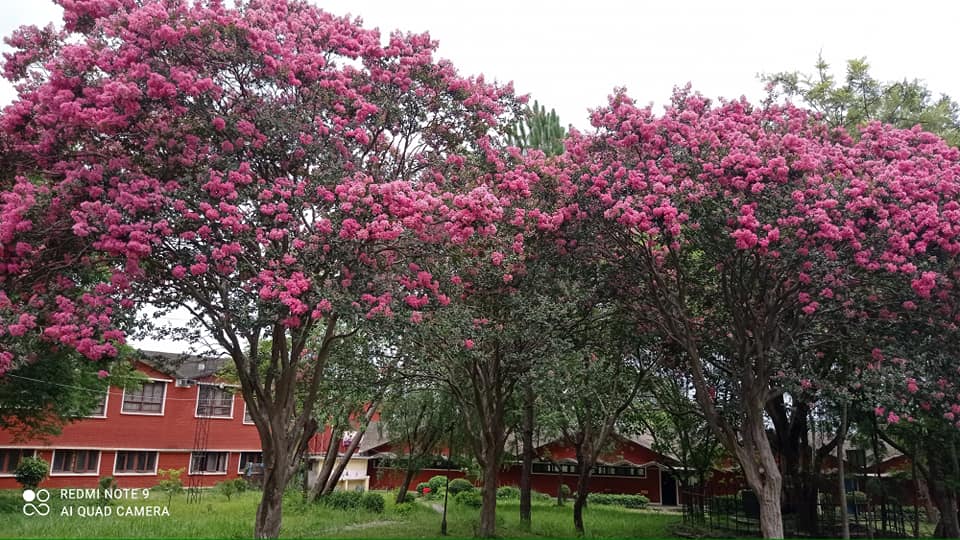
- Science laboratory
The department has a seperate Science Laboratory where the students practice several experiments and lab discussions.
- Auditorium hall
The department has a seperate auditorum hall for the orientation programmes, talks and seminars. Several education talk series on different interdisciplinary subjects are conducted in the hall.
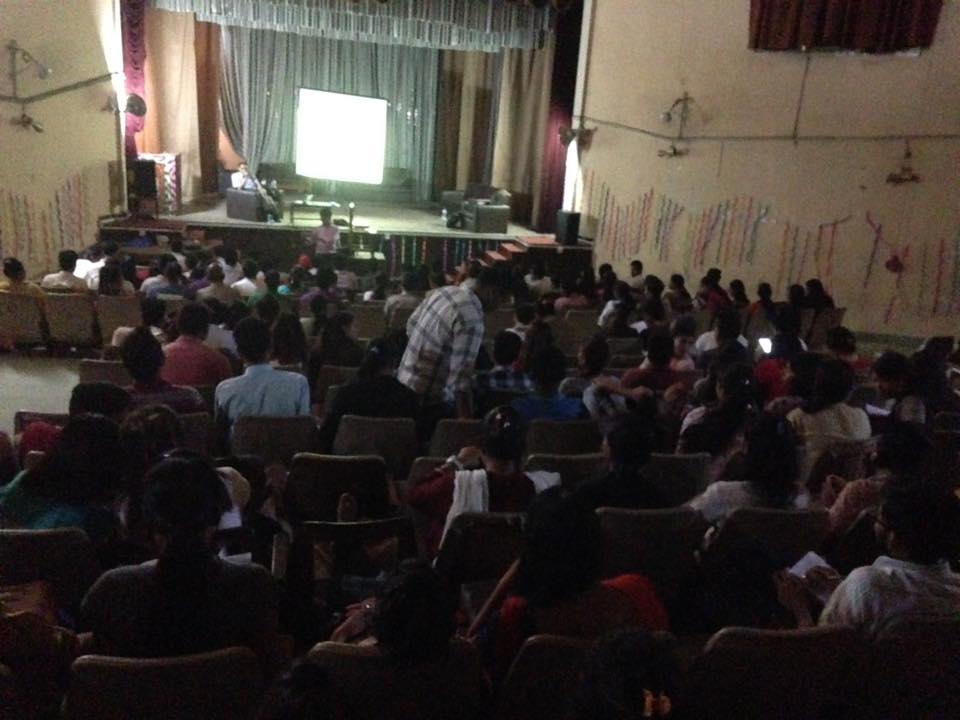
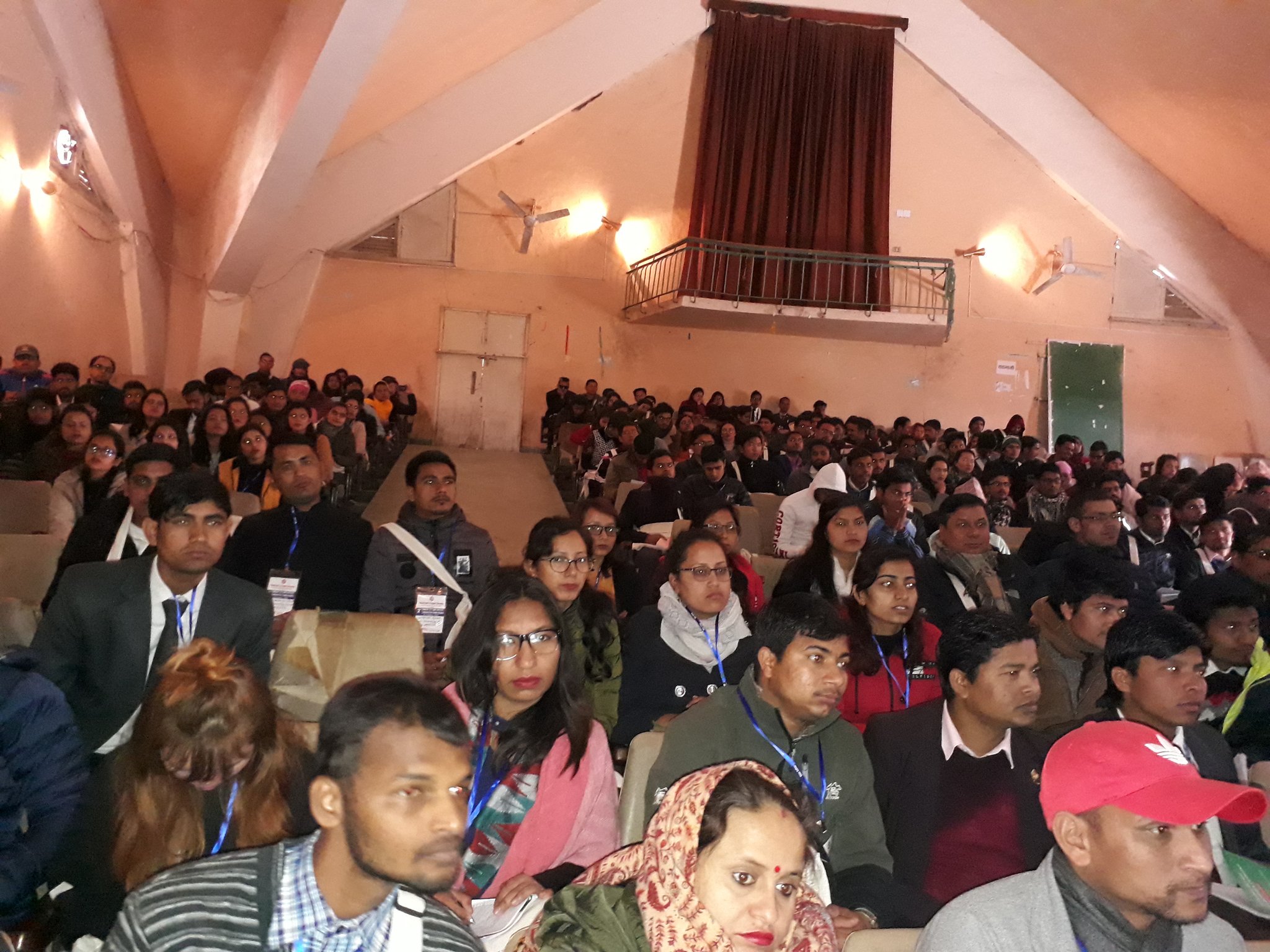
- Library/Curriculum Resource Centre
The department has a seperate unit as a library known as 'Curriculum Resource Centre [CRC]' which includes more than 4000 books in hard copy. the students can access several hard copy of the books, update with daily world current affairs with available daily newspapers and magazines.
Workshops, Seminars and Training
The department often conducts academic workshops, conferences to explore new issues and discussions among faculty members, students and staff.
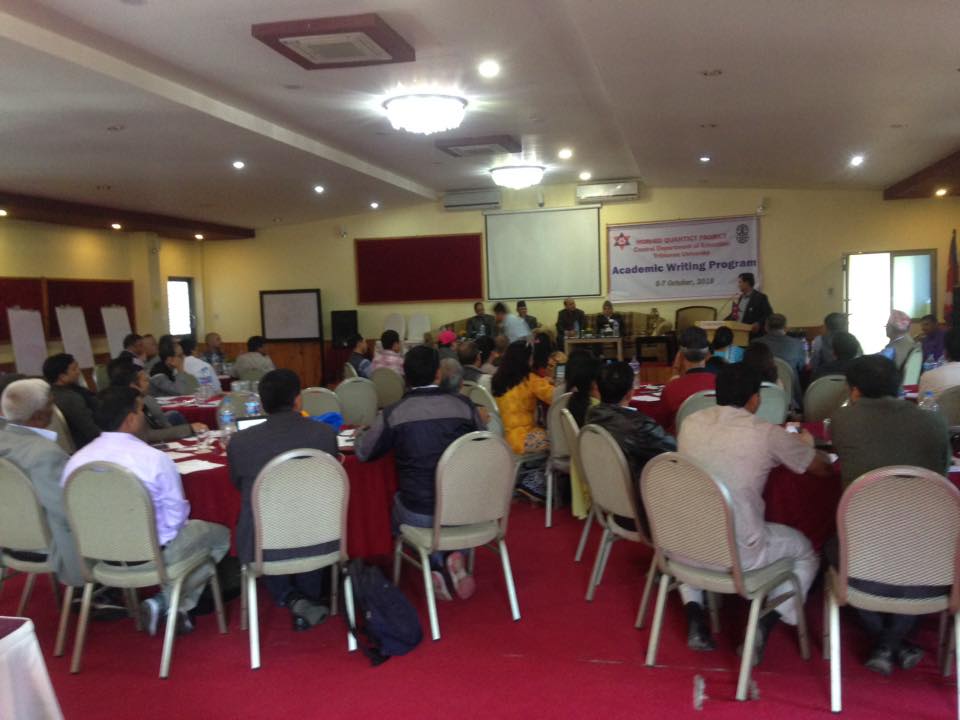
Conferences

Students' Seminar
 WWe have upgraded our website:
WWe have upgraded our website:
Please visit the link below for the updated website and information:
We
